
Remembering Dr. Donata Oertel
We are saddened to share that Donata Oertel, PhD, Mary Herman and Lucien Rubinstein Distinguished Chair of Neuroscience, passed away on April 22, 2020 after a prolonged illness. She was a member of the faculty for more than 38 years, and will be deeply missed as a colleague, leader, mentor, and friend.
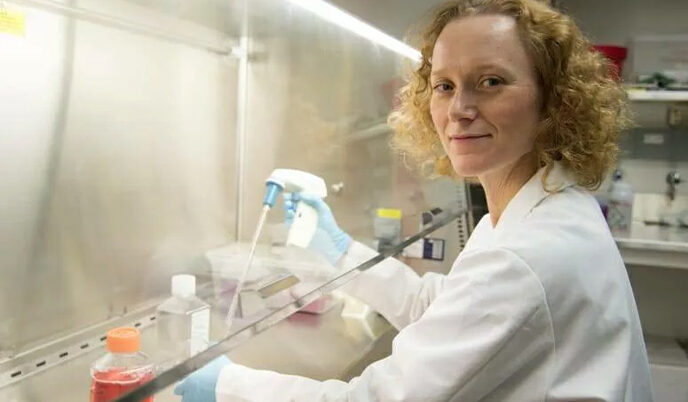
Remembering Heidi Dvinge
Heidi Dvinge, PhD, assistant professor of Biomolecular Chemistry and a member of the Carbone Cancer Center, passed away on September 20, 2019. With great sorrow over the loss of a brilliant young scientist, colleague, mentor and friend, we honor her memory and her scholarly work.
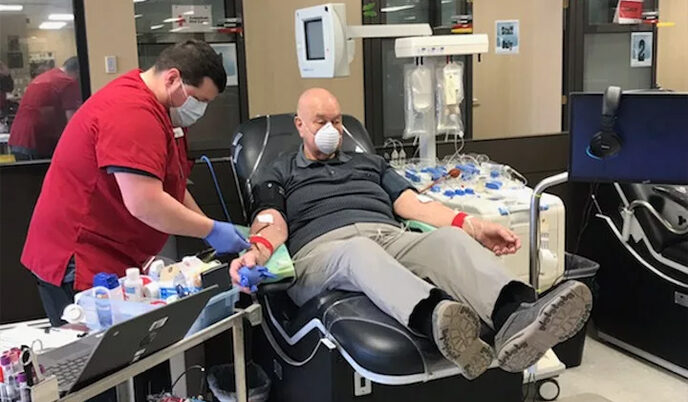
First COVID-19 patient at University Hospital treated with plasma from recovered patient
A COVID-19 patient at UW Hospital has received the first transfusion of plasma from a local patient who donated it since recovering from the disease.
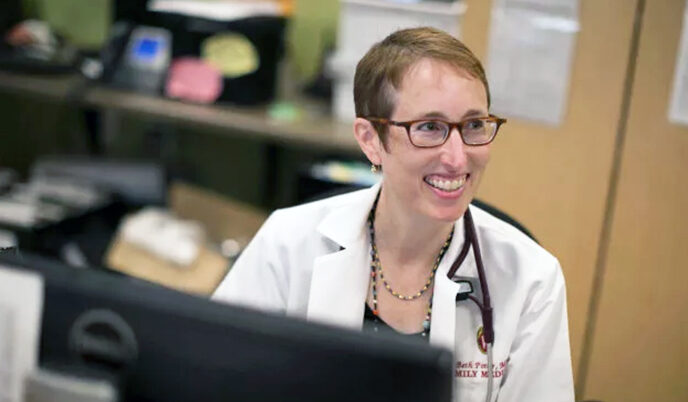
Remembering Dr. Beth Potter
With heavy hearts, we share that Beth Potter, MD, associate professor (CHS) in the Department of Family Medicine and Community Health, passed away on March 31, 2020.

Deleting a gene prevents Type 1 diabetes in mice by disguising insulin-producing cells
Removing a gene from the cells that produce insulin prevents mice from developing Type 1 diabetes by sparing the cells an attack from their own immune system, a new UW–Madison study shows.

New master’s degree in health informatics meets industry need
The University of Wisconsin–Madison has introduced a new online Master of Science in Clinical and Health Informatics. Housed in the School of Medicine and Public Health, the degree meets the growing needs of the health informatics industry.
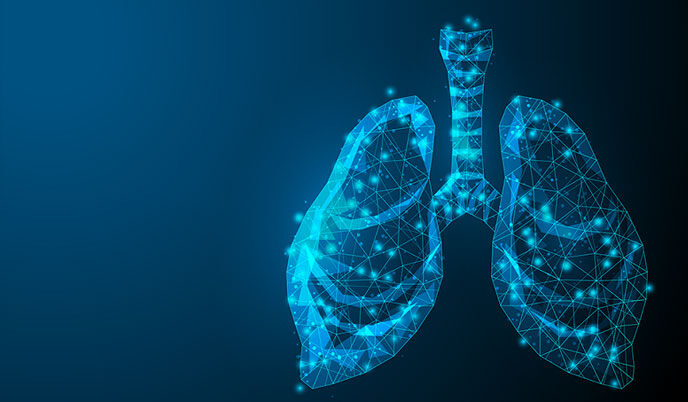
Molds damage lung’s protective barrier to spur future asthma attacks
University of Wisconsin–Madison researchers have identified a new way that common Aspergillus molds can induce asthma, by first attacking the protective tissue barrier deep in the lungs.
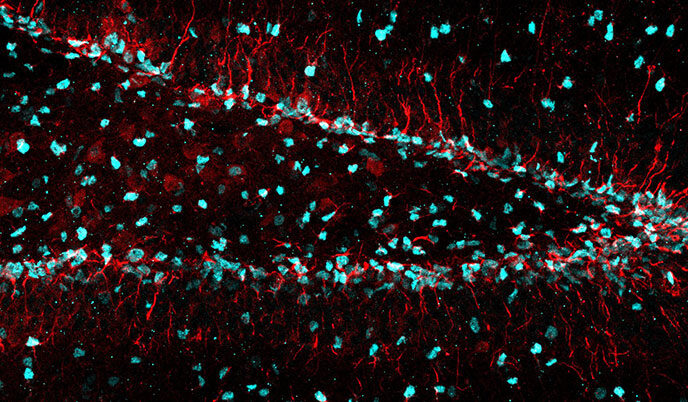
Newly identified cellular ‘trash removal program’ helps create new neurons
New research by University of Wisconsin-Madison scientists reveals how a cellular filament helps neural stem cells clear damaged and clumped proteins, an important step in eventually producing new neurons.

Marmoset stem cells carrying Parkinson’s mutation could lead to new model for studying disease
Parkinson’s disease researchers have used gene-editing tools to introduce the disorder’s most common genetic mutation into marmoset monkey stem cells and to successfully tamp down cellular chemistry that often goes awry in Parkinson’s patients.

Funding available for women’s health research by UW–Madison early-career faculty
A funding opportunity is available for early-career faculty at the University of Wisconsin-Madison whose research focuses on women’s health or sex and gender differences.
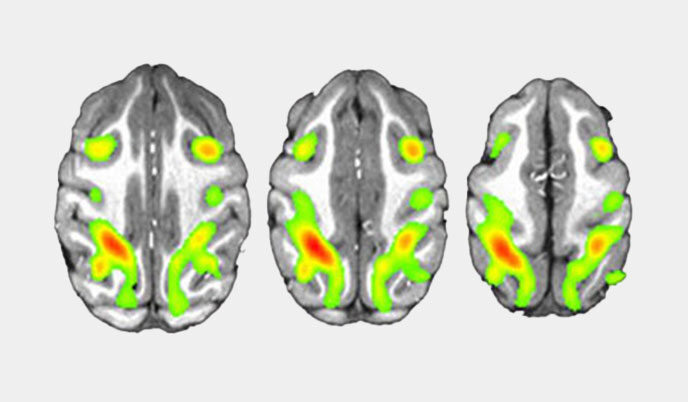
Researchers wake monkeys by stimulating ‘engine’ of consciousness in brain
A small amount of electricity delivered at a specific frequency to a particular point in the brain will snap a monkey out of even deep anesthesia, pointing to a circuit of brain activity key to consciousness and suggesting potential treatments for debilitating brain disorders.

UW study uses a new approach to understanding teens and technology
What teens find important on social media is a better measure of how they interact with technology than how many minutes they spend using social media, according to a new study from the University of Wisconsin School of Medicine and Public Health.